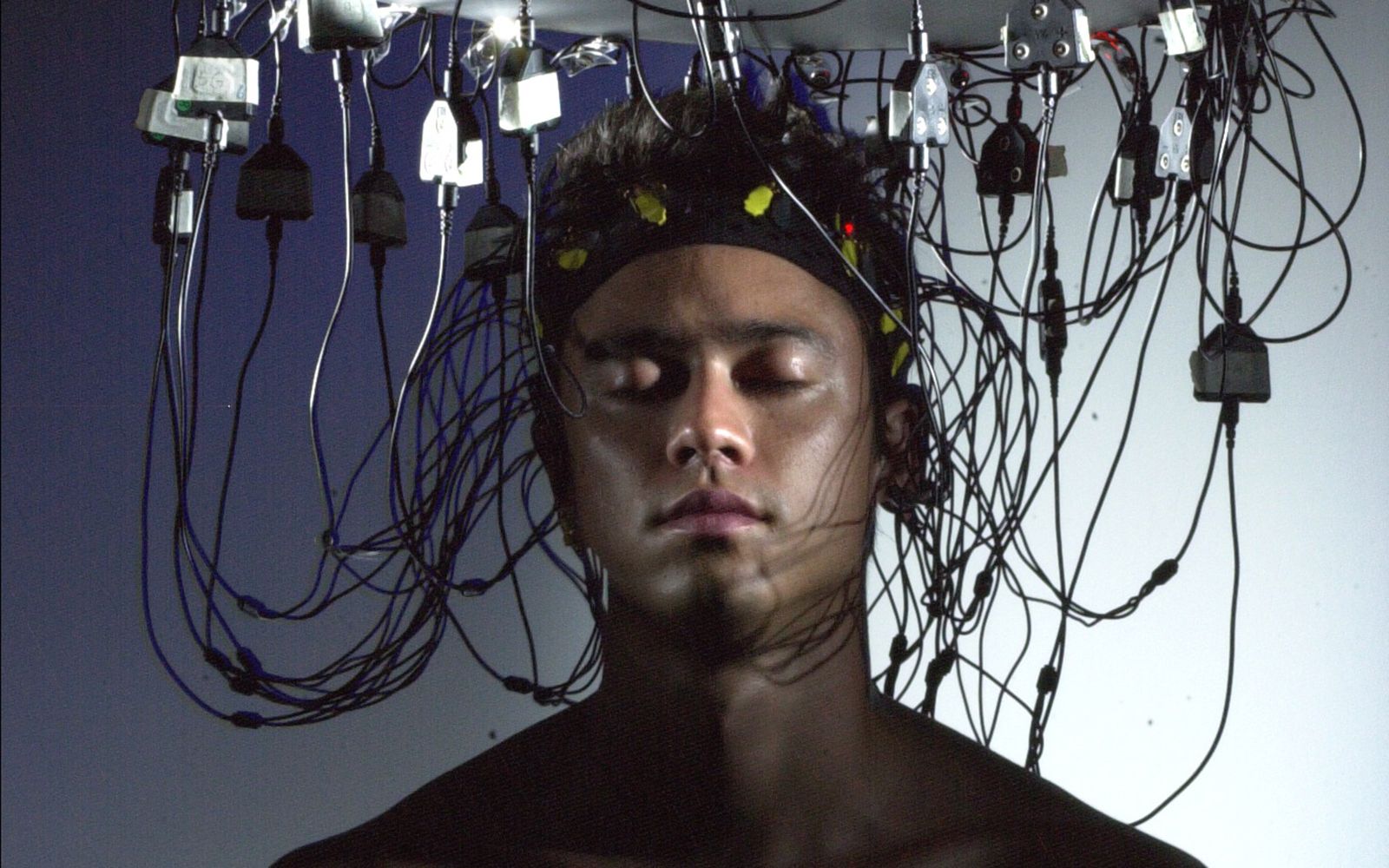As smartphones have become crammed full of our sensitive data, security has improved with fingerprint readers and even iris scanning. But it's brainprint scanning that's the future of truly secure lives.
Scientists at Bingham University have been working on brainprint security for a few years but have only recently managed to achieved 100 per cent accuracy. That means a brain scanner is able to recognise the person every time without fail.
The brainprint is recognised using an EEG scan as the individual looks at an image. The reaction to that image is unique for each person and the scanner is able to recognise those brain reaction variations.
At the moment, in order to get those brain waves, a headset is needed and some computing power. But wearables are starting to appear with all kinds of sensors now and a future where brainprint scanning opens a front door or unlocks a phone is a very real possibility.
Zhanpeng Jin, assistant professor of electrical and computer engineering, working on the project says: "We tend to see the applications of this system as being more along the lines of high-security physical locations like the Pentagon or Air Force Labs where there aren't that many users that are authorised to enter".

